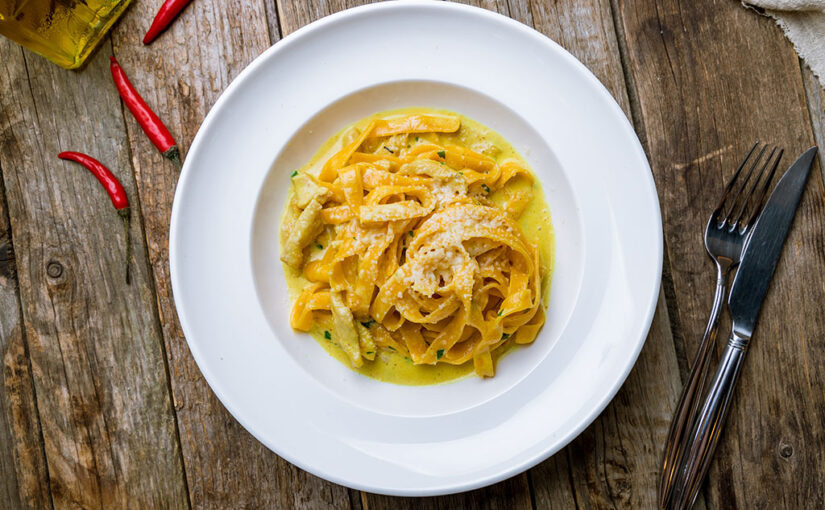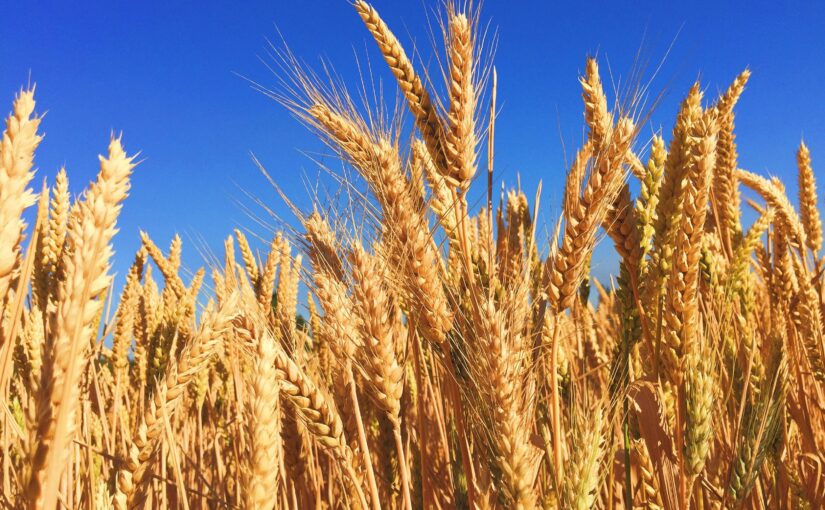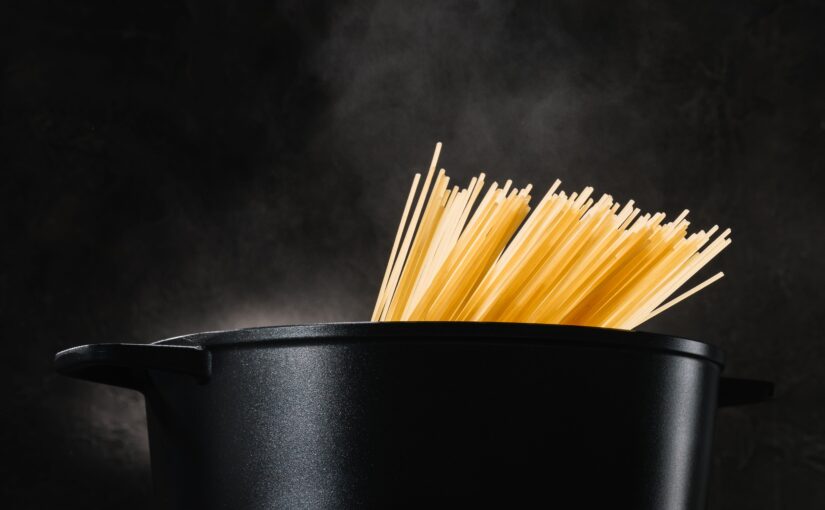Over a century as the innovative partner behind the world’s finest pastas
Philadelphia Macaroni Company has facilities across the United States that produce some of the world’s finest pastas for branded and private-label clients spanning the globe. Over the past 100 years, we’ve partnered with major food marketers to develop innovative pasta solutions, some of which created entirely new categories of food.
Companies large and small turn to us for our long history of pasta-making expertise and product innovation. They know that where other manufacturers see challenges, we’re quick to see solutions—and opportunities for marketplace success.
As an ingredient supplier, we produce bulk pasta engineered to exact specifications to deliver a superior
and consistent consumer experience.
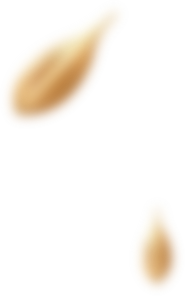
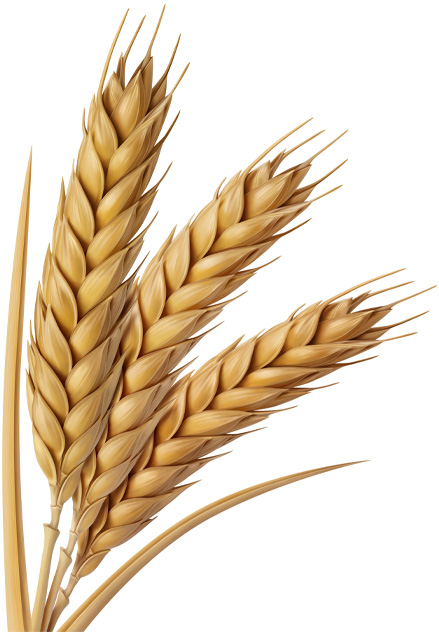

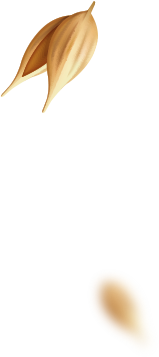


Your pasta starts
with the best
Quality pasta—whether traditional or innovative—always starts with the best ingredients. From high-grade semolina produced at our mill to fully custom blends, you can feel confident your products will be enhanced by our inventive ingredient solutions.

The only limit is
your imagination
At each facility, we stock hundreds of dies to produce countless pasta shapes. If we don’t have the shape you need, we’ll work with you to have a new die custom made after identifying all parameters relevant to your application. From familiar to exclusive, the solutions are endless.

Efficient solutions designed for your marketplace success
Branded or private label, retail, foodservice or industrial—we pack and ship everything from individual retail cartons to 1,500 lb. totes. What’s more, for your co-packing we have the manufacturing capability to ensure your pasta products perfectly represent your brand to consumers across the world.
Pasta Navigator
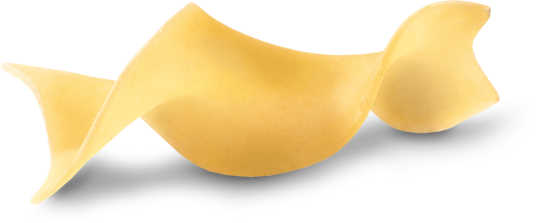
-
.25” Width
-
PCR Length
-
.036” Thickness

-
.072” Width
-
10” Length
-
N/A Thickness

-
2.2” Width
-
10” Length
-
.05” Thickness
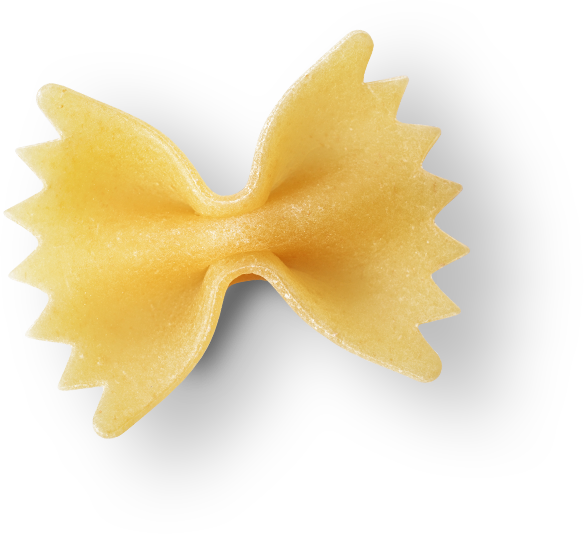
-
.08” Width
-
1.1” Length
-
PCR Thickness

-
PCR Width
-
PCR Length
-
PCR Thickness
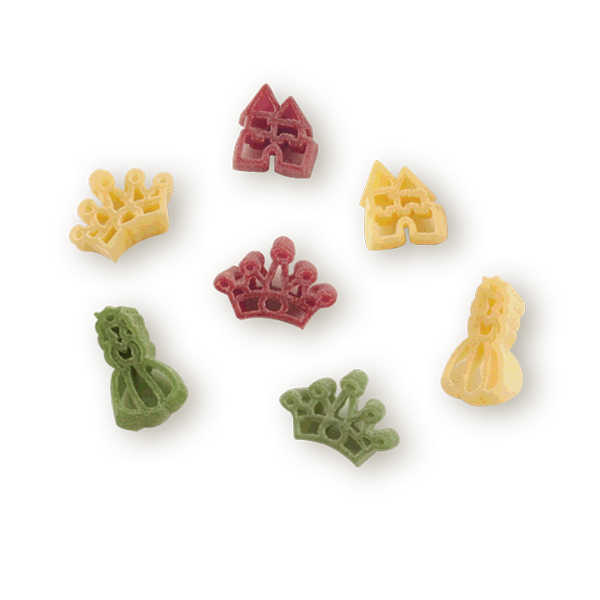
-
PCR Width
-
PCR Length
-
PCR Thickness
Rooted in tradition.
Driven by innovation.
Philadelphia’s famed Italian Market. That’s where, in 1914, Antonio Marano and his son, Vincent, founded Philadelphia Macaroni Company. These were humble beginnings from which our company quickly grew alongside our unique ability to merge old-world tradition with cutting-edge innovation. Now, five generations later, we continue to build upon the philosophy that’s defined us for over a century: to advance the art and science of pasta making for partners around the globe.
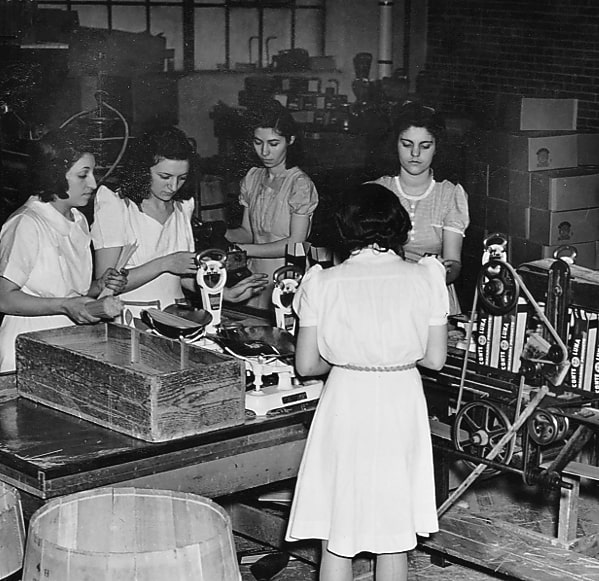
Alphabet Soup
In the mid-1920s—little more than a decade after our founding—we landed our first major industrial account. Campbell’s tapped us to manufacture letter-shaped noodles for their renowned alphabet soup line. And just as every letter off the line needed to be perfect, so did their ingredient formulation to withstand the rigors of the canning process and long shelf lives.

The Next Generation
After two generations of family ownership, it was time to prepare the third generation of pasta innovators. Vincent’s son, Luke Sr., who’d learned the family business from childhood through the late ‘50s, took over as CEO in 1960. It wasn’t long before he led our company into its next generation of innovation.
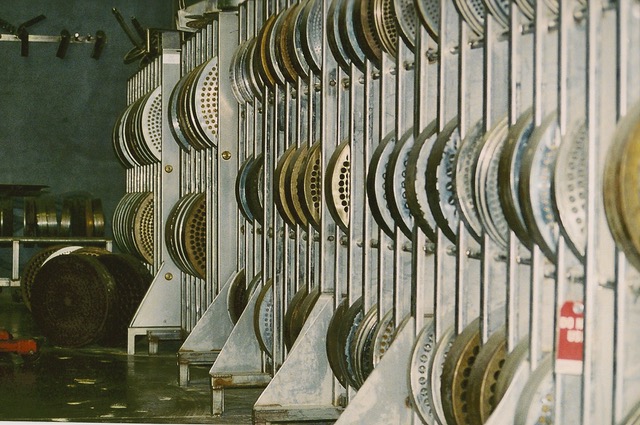
An R&D Favorite
Entrepreneurial in every way, Luke Sr. ingrained within our company ethos a blend of creativity and determination. He pushed us to become leaders in the industrial ingredient marketplace. This, combined with an innate ability to solve our customers’ challenges, elevated Philadelphia Macaroni Company to favorite status among major food brands’ marketing and R&D departments.
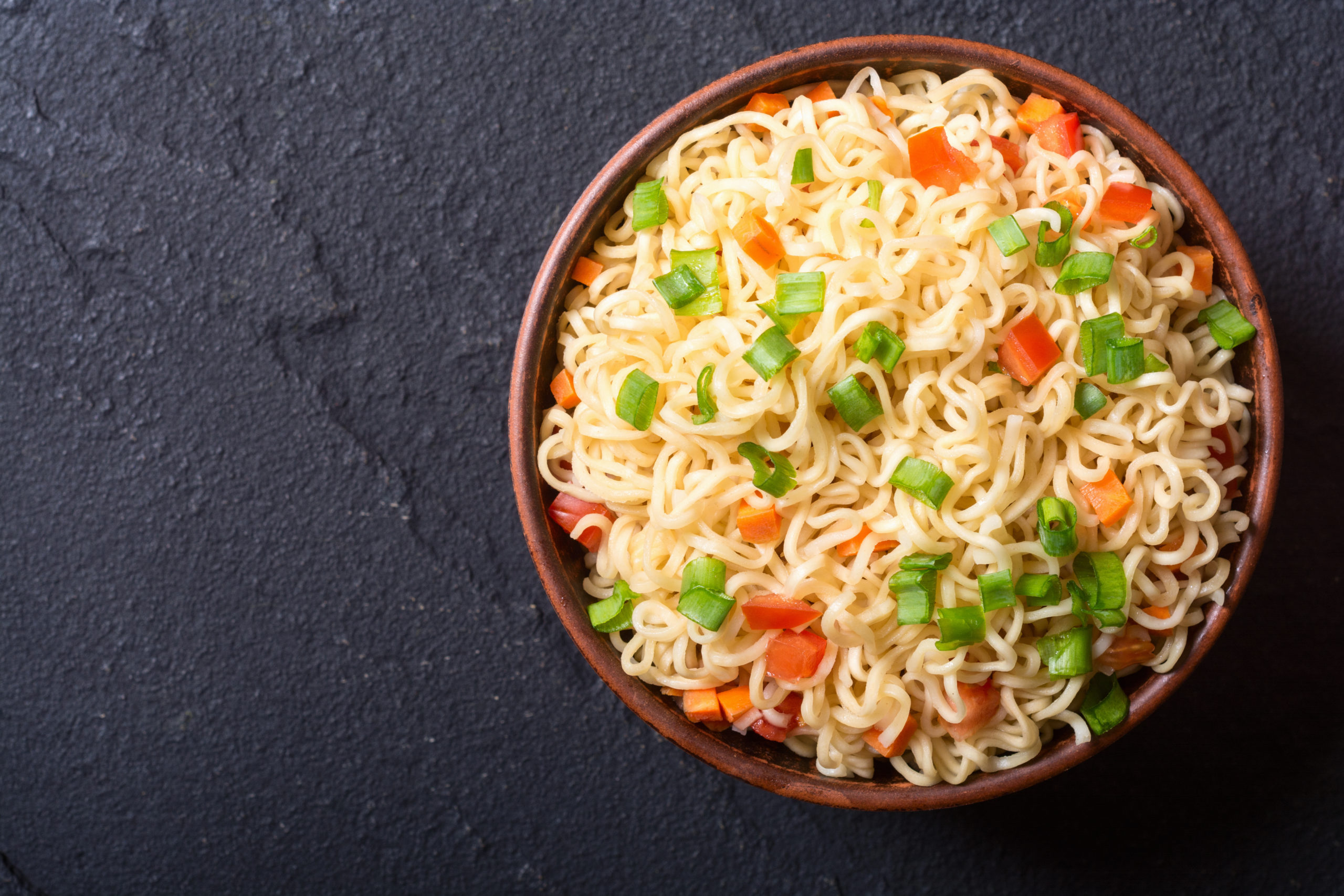
An Instant Hit
In the ‘70s, consumers pushed for convenience. Soup marketers sought an instant noodle that could be packaged dry, in a pouch. They turned to our company, which developed a solution for one of the first commercially successful low-moisture pastas. Recognizing the opportunity of quick-cook convenience, Philadelphia Macaroni Company procured the equipment to manufacture ramen noodles, making ours the first American company to produce this traditional Japanese product.

The Fourth Generation
In the 1980s, Luke Sr. brought on his two sons, Luke Jr. and Mark, to whom he endowed both his entrepreneurial spirit and decades of extraordinary pasta-making knowledge. Thereby, Philadelphia Macaroni Company continued our tradition of family ownership and leadership.
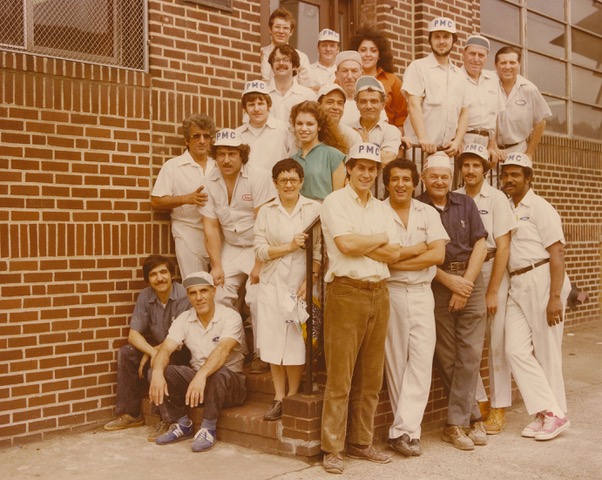
Expanding Our Capacity
Demand for our pasta increased through the early ‘80s. That’s when Philadelphia Macaroni Company decided to further expand our capacity. Between 1986 and 1993 Philadelphia Macaroni Company bought two existing pasta-making factories in Pennsylvania. These new additions opened the doors for our now prominent co-packing and Individually Quick Frozen (IQF) businesses.
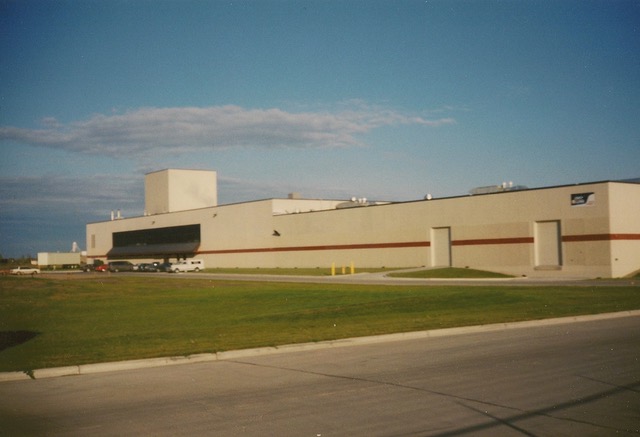
Moving Midwest
To keep pace with market demand, Philadelphia Macaroni Company continued our capacity expansion. We chose the Midwest for our next move. Why? Because America’s highest quality durum—the special variety of wheat that’s milled into semolina flour—grows primarily in the northern plains. So, in 1990, our company constructed a state-of-the-art pasta factory in Grand Forks, ND, the heart of North America’s largest durum-producing region.
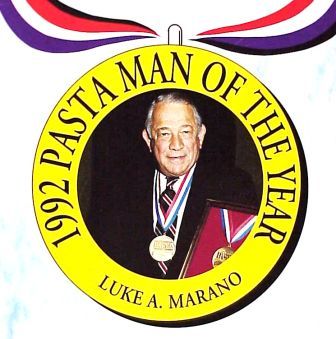
Recognized for Excellence
In 1992, Luke Sr. earned the “Pasta Man of the Year” award presented by the National Pasta Association. He then went on to become Chairman of the National Pasta Association from 1993 to 1997.
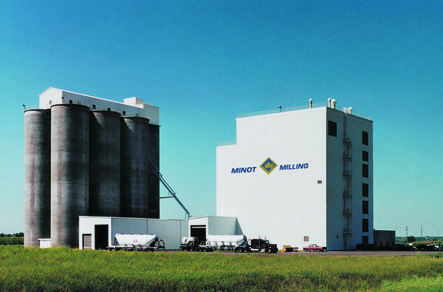
Controlling Our Supply
As business continued to grow, it was time to take further control of our supply chain. In 1998, Philadelphia Macaroni Company founded and built Minot Milling to mill durum and hard red spring wheat. This strategic play didn’t just enable vertical integration. It also allowed our company to produce flours to the exacting standards needed for our high-performing pastas.
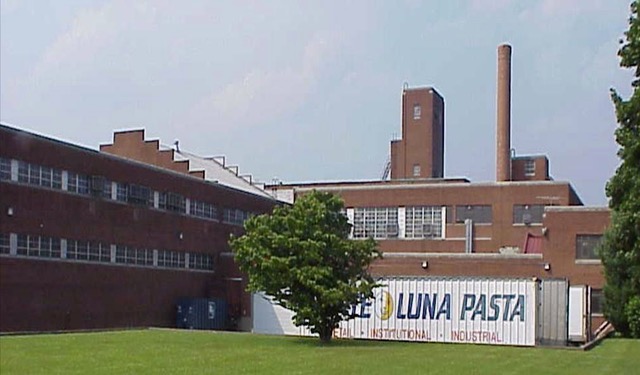
Expanded Opportunities
As always, Philadelphia Macaroni Company sought to provide our customers new offerings and marketplace opportunities. In 2000, we brought our 86 years of dry-pasta expertise to IQF production at our Warminster facility.
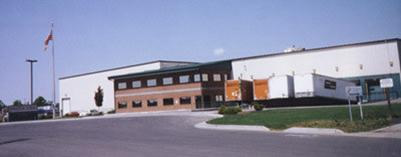
Expanded Footprint
A few years later, we purchased an existing pasta-making factory in Spokane, WA. This expansion brought our retail and foodservice capabilities to the west coast and completed our national footprint of strategically located factories for cost-effective pasta distribution.
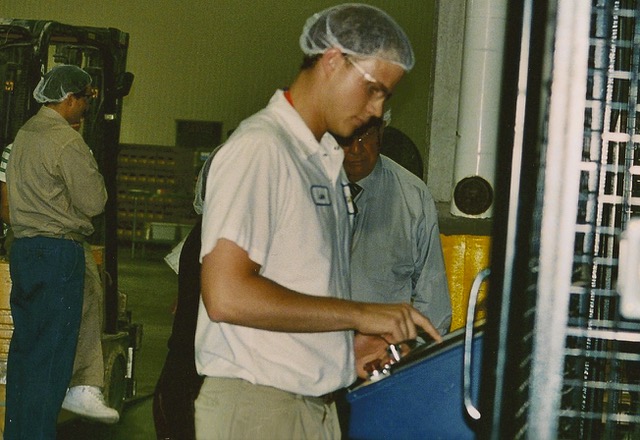
The Fifth Generation
To this day, we maintain the family custom of the next generation working their way up from the factory floor. They learn the technical knowledge, the pasta-making tradition, the family philosophy and our company’s mission. Now, the fifth generation continues the practice of advancing the art and science of pasta making.

Alphabet Soup
In the mid-1920s—little more than a decade after our founding—we landed our first major industrial account. Campbell’s tapped us to manufacture letter-shaped noodles for their renowned alphabet soup line. And just as every letter off the line needed to be perfect, so did their ingredient formulation to withstand the rigors of the canning process and long shelf lives.

The Next Generation
After two generations of family ownership, it was time to prepare the third generation of pasta innovators. Vincent’s son, Luke Sr., who’d learned the family business from childhood through the late ‘50s, took over as CEO in 1960. It wasn’t long before he led our company into its next generation of innovation.

An R&D Favorite
Entrepreneurial in every way, Luke Sr. ingrained within our company ethos a blend of creativity and determination. He pushed us to become leaders in the industrial ingredient marketplace. This, combined with an innate ability to solve our customers’ challenges, elevated Philadelphia Macaroni Company to favorite status among major food brands’ marketing and R&D departments.

An Instant Hit
In the ‘70s, consumers pushed for convenience. Soup marketers sought an instant noodle that could be packaged dry, in a pouch. They turned to our company, which developed a solution for one of the first commercially successful low-moisture pastas. Recognizing the opportunity of quick-cook convenience, Philadelphia Macaroni Company procured the equipment to manufacture ramen noodles, making ours the first American company to produce this traditional Japanese product.

The Fourth Generation
In the 1980s, Luke Sr. brought on his two sons, Luke Jr. and Mark, to whom he endowed both his entrepreneurial spirit and decades of extraordinary pasta-making knowledge. Thereby, Philadelphia Macaroni Company continued our tradition of family ownership and leadership.

Expanding Our Capacity
Demand for our pasta increased through the early ‘80s. That’s when Philadelphia Macaroni Company decided to further expand our capacity. Between 1986 and 1993 Philadelphia Macaroni Company bought two existing pasta-making factories in Pennsylvania. These new additions opened the doors for our now prominent co-packing and Individually Quick Frozen (IQF) businesses.

Moving Midwest
To keep pace with market demand, Philadelphia Macaroni Company continued our capacity expansion. We chose the Midwest for our next move. Why? Because America’s highest quality durum—the special variety of wheat that’s milled into semolina flour—grows primarily in the northern plains. So, in 1990, our company constructed a state-of-the-art pasta factory in Grand Forks, ND, the heart of North America’s largest durum-producing region.

Recognized for Excellence
In 1992, Luke Sr. earned the “Pasta Man of the Year” award presented by the National Pasta Association. He then went on to become Chairman of the National Pasta Association from 1993 to 1997.

Controlling Our Supply
As business continued to grow, it was time to take further control of our supply chain. In 1998, Philadelphia Macaroni Company founded and built Minot Milling to mill durum and hard red spring wheat. This strategic play didn’t just enable vertical integration. It also allowed our company to produce flours to the exacting standards needed for our high-performing pastas.

Expanded Opportunities
As always, Philadelphia Macaroni Company sought to provide our customers new offerings and marketplace opportunities. In 2000, we brought our 86 years of dry-pasta expertise to IQF production at our Warminster facility.

Expanded Footprint
A few years later, we purchased an existing pasta-making factory in Spokane, WA. This expansion brought our retail and foodservice capabilities to the west coast and completed our national footprint of strategically located factories for cost-effective pasta distribution.

The Fifth Generation
To this day, we maintain the family custom of the next generation working their way up from the factory floor. They learn the technical knowledge, the pasta-making tradition, the family philosophy and our company’s mission. Now, the fifth generation continues the practice of advancing the art and science of pasta making.
What’s Cooking
Stay up to date with the latest news about Philadelphia Macaroni Company and the pasta-making industry.
Trends & Outlook Into 2024
As we prepare for the start of another new year, Philadelphia Macaroni Company has kept an eye on food trends exhibited at trade shows and reported by retailers, foodservice operators, and market intelligence firms. Many of the general ideas remain stable, but the products within are experiencing new innovations each year. Health & Wellness Retail […]
Minot Milling Durum Update & Outlook
The 2023 durum crop in the Northern Plains was unfortunately impacted by late harvest rain and snow, which led to quality issues that will undoubtedly send a significant number of bushels into the feed channels. Wet harvest conditions are mostly impacting growers in northwest North Dakota and south-central Canada. Production for the U.S. came in […]
PMC Appoints President & Chief Operating Officer
Philadelphia Macaroni Company (PMC) is thrilled to announce a significant milestone in our company’s growth and leadership. On October 2, 2023, Nora Stabert assumed the role of President and Chief Operating Officer (COO), reporting directly to Luke Marano, Jr., Chairman CEO. Nora’s journey with PMC began in July 2018 as Vice President of Strategy, and […]








